This website uses cookies
We use cookies to ensure that we give you the best experience on our website. If you continue to use this site we will assume that you are happy with it.
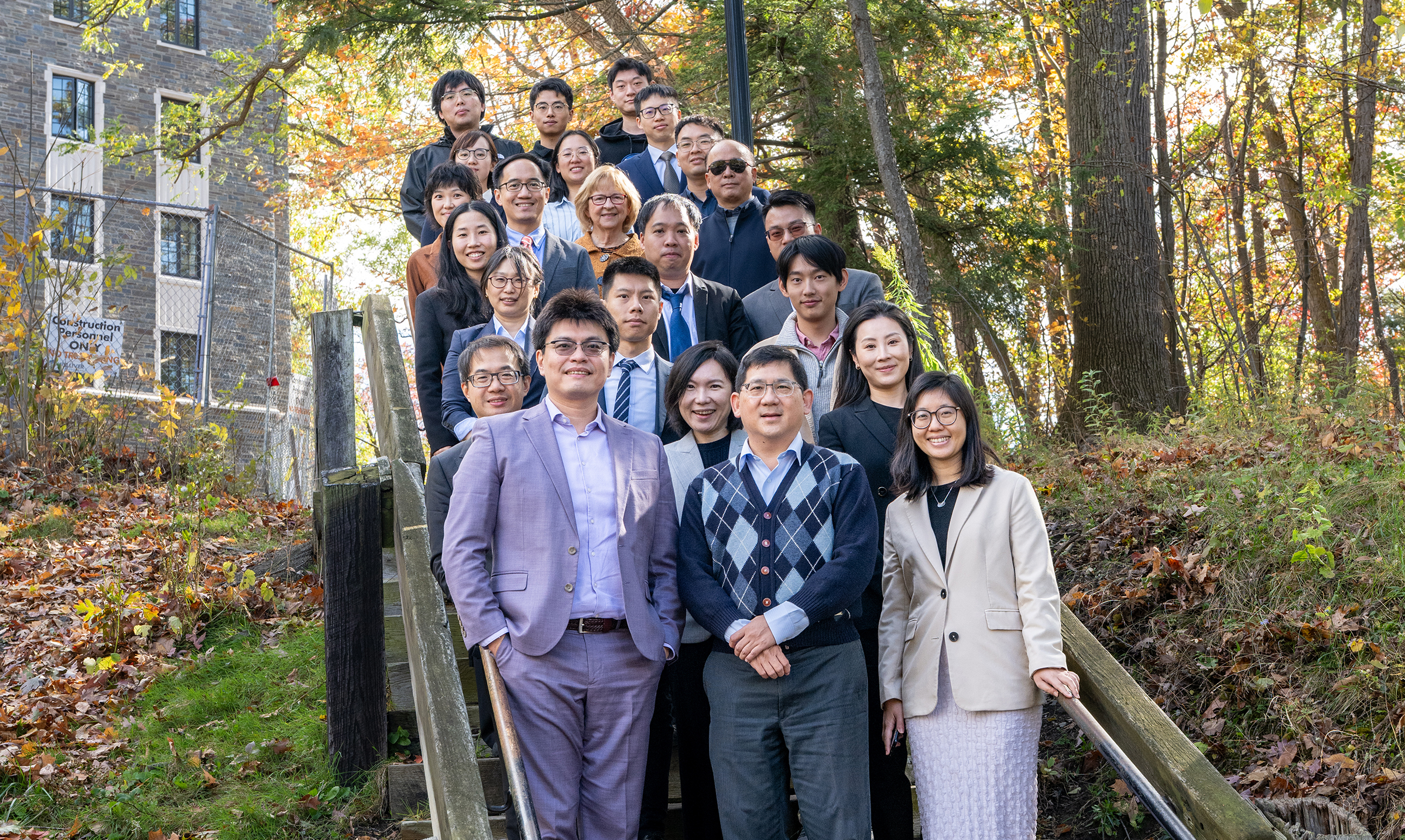
Cornell Law School’s Clarke Program in East Asian Law & Culture provided an opportunity on October 21-22, 2025, for young scholars to present new research during a two-day workshop entitled “Empirical Legal Studies in the Sinophone Region.” The fifteen presenters, all untenured yet and specializing in quantitative analysis of law, hailed from China, Hong Kong, and Taiwan, and were doing research at American and international universities.
“This is the first time I am presenting this paper and this opportunity is tremendously valuable,” said Xiaohong Yu of the Department of Political Science at Tsinghua University, who presented on “Episodic Disembedding: Parachute Lawyers and Local Justice in China,” a study of how outcomes in criminal defense cases are influenced by whether lawyers are local to the area or “parachute in” from another jurisdiction. Yu, like other presenters, received support and feedback from Cornell Law faculty and other researchers in attendance.
“The strength of Cornell’s empirical legal studies faculty, combined with the expertise of faculty across disciplines, provides an extraordinary opportunity for the next generation of scholars to think about their research in new ways,” says Yun-chien Chang, the Jack G. Clarke Professor in East Asian Law and director of the Clarke Program in East Asian Law and Culture. “The audience asks thoughtful questions, pushes back against assumptions, and offers new ways to frame findings to make the research more relevant and impactful.”
Two years ago, Amy I-An Su, who received her Ph.D. in Psychology at Cornell this year and is now teaching in the Department of Social Sciences at the University of Washington, Tacoma, had presented research at a Clarke Program workshop and found “the feedback was super-helpful.” That research was recently published, and she was back at this workshop to present additional research. “I hope you’ll help us finish our third paper,” she told the audience. Her presentation was “Killing the Oblivious: Analyzing Successful and Unsuccessful Incompetency-to-be-Executed Cases in the United States.” Her co-author of the paper, John H. Blume, Samuel S. Leibowitz Professor of Trial Techniques and Director of Cornell Death Penalty Project at Cornell, attended the presentation and engaged in the Q & A. Moderator Valerie Hans, Charles F. Richlin Professor of Law at Cornell, called the research “really important work.” Hans said forensic psychologists have devoted a lot of research to assessing competency to stand trial, but “until this project, we haven’t really found much systematic work on competency to be executed.”
Other research presented involved analysis of DUI cases in China, Taiwan’s citizen judge system, parole practices in China, legal changes in the criminalization of prostitution, judicial reasoning in copyright damage awards, and beyond.
The conference was cosponsored by Cornell’s Mario Einaudi Center for International Studies, Cornell Center for Social Sciences, and the Taipei-based Chiang Ching-kuo Foundation for International Scholarly Exchange.
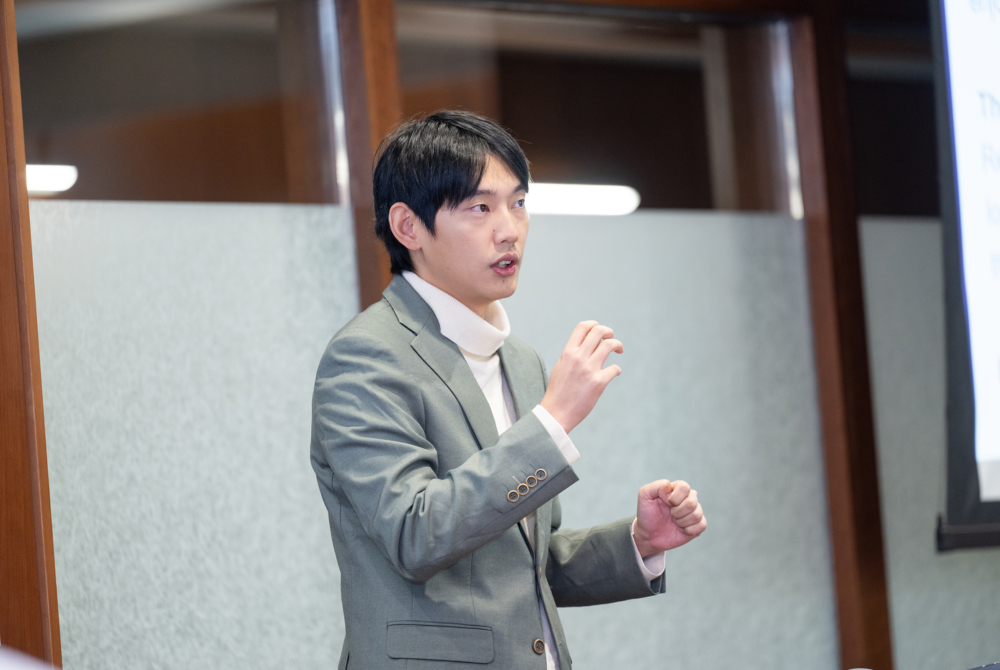
Leo You Li, J.S.D. Candidate, Stanford Law School
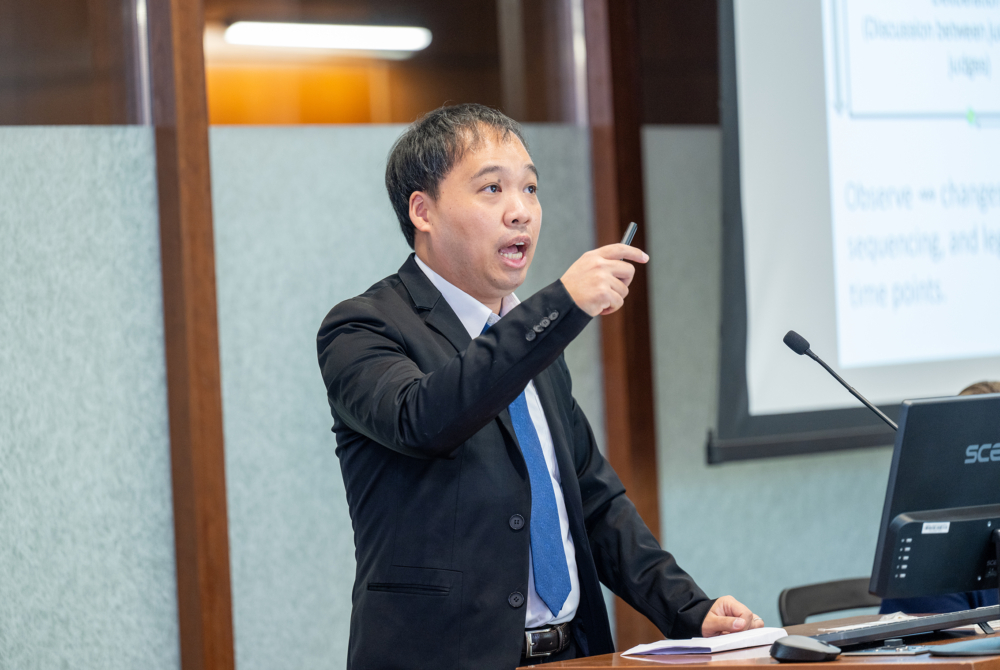
Keng-Wei Fang, Associate Professor, Department of Law, National Dong Hwa University, Taiwan
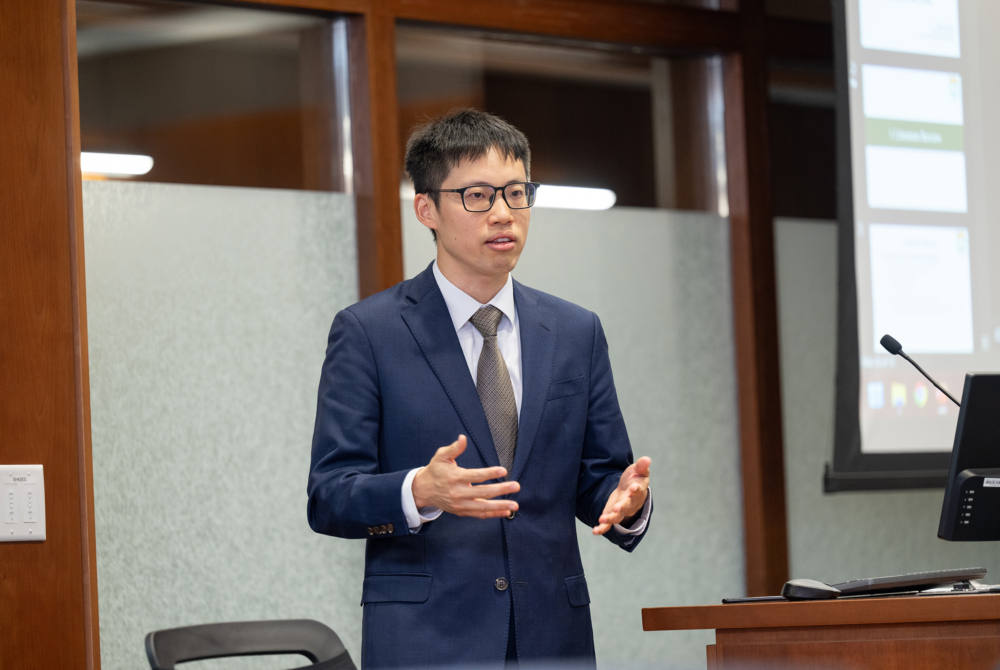
James Si Zeng, Associate Professor, Faculty of Law, The University of Hong Kong
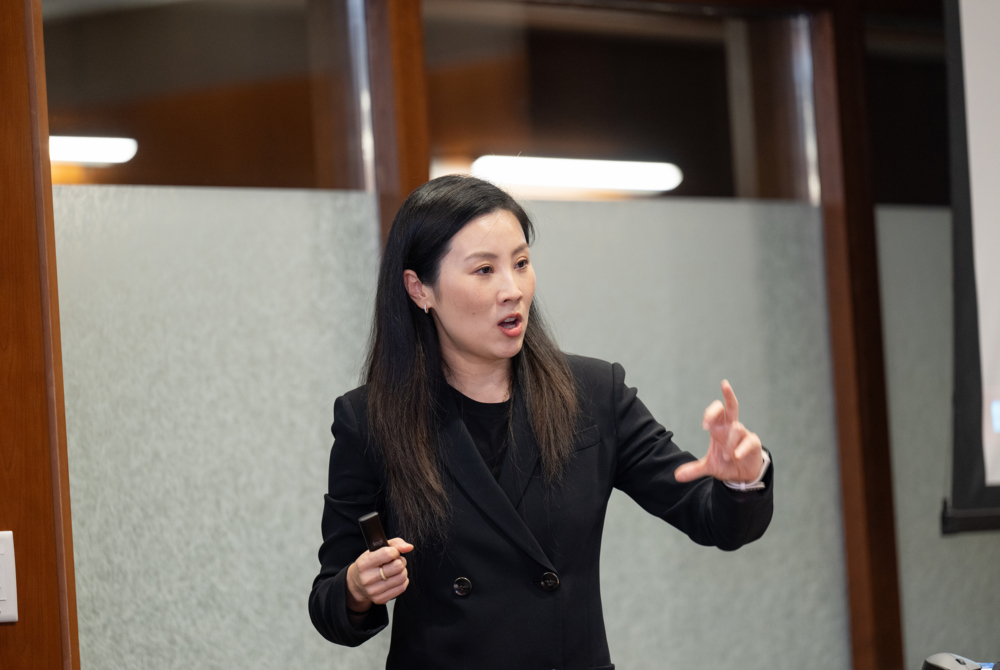
Isabelle Zhang, S.J.D. Candidate, University of Virginia School of Law
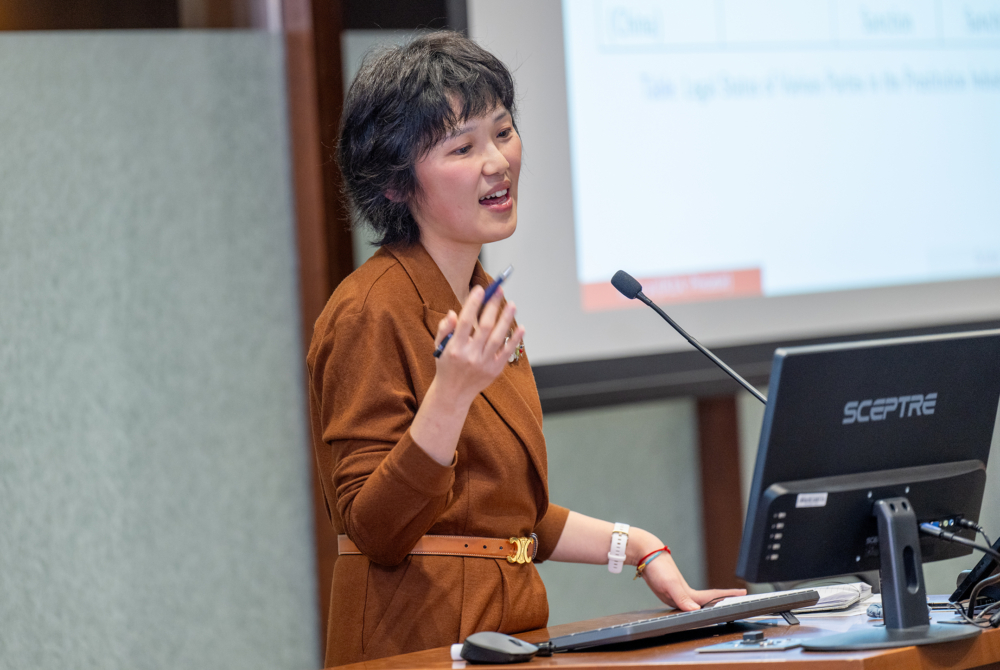
Yutian An, Assistant Professor, UCLA School of Law
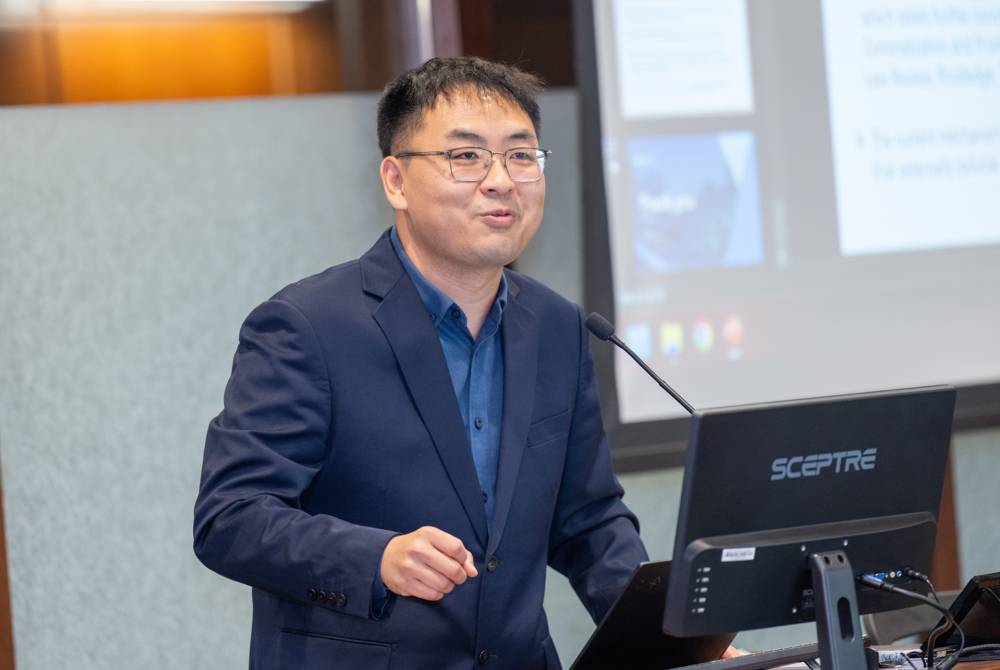
Yuhao Wu, Assistant Professor, Peking University Law School
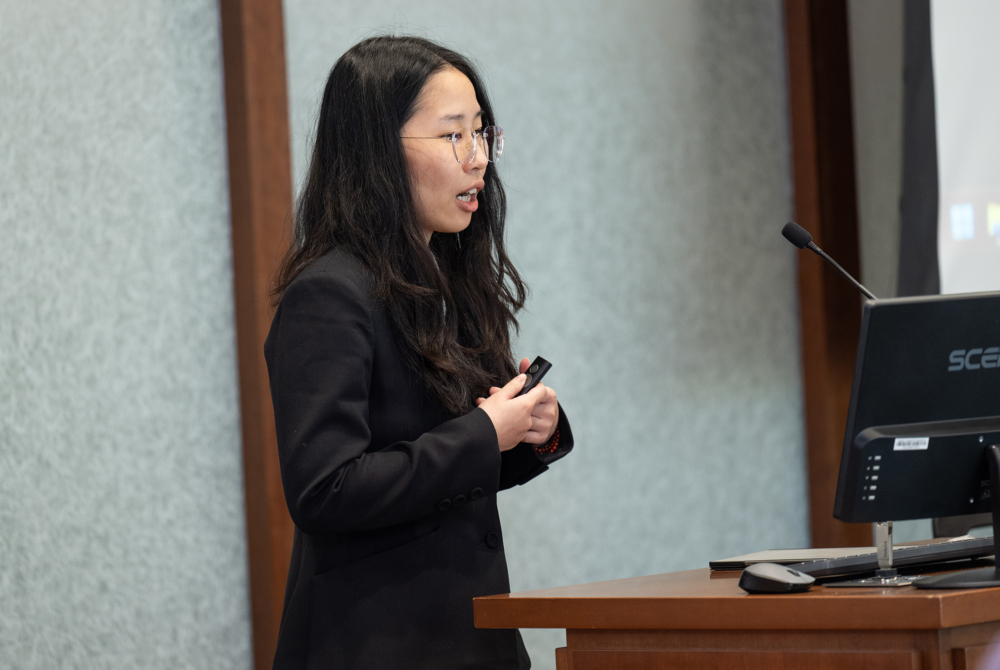
Yali Peng, Associate Professor, Renmin University of China Law School
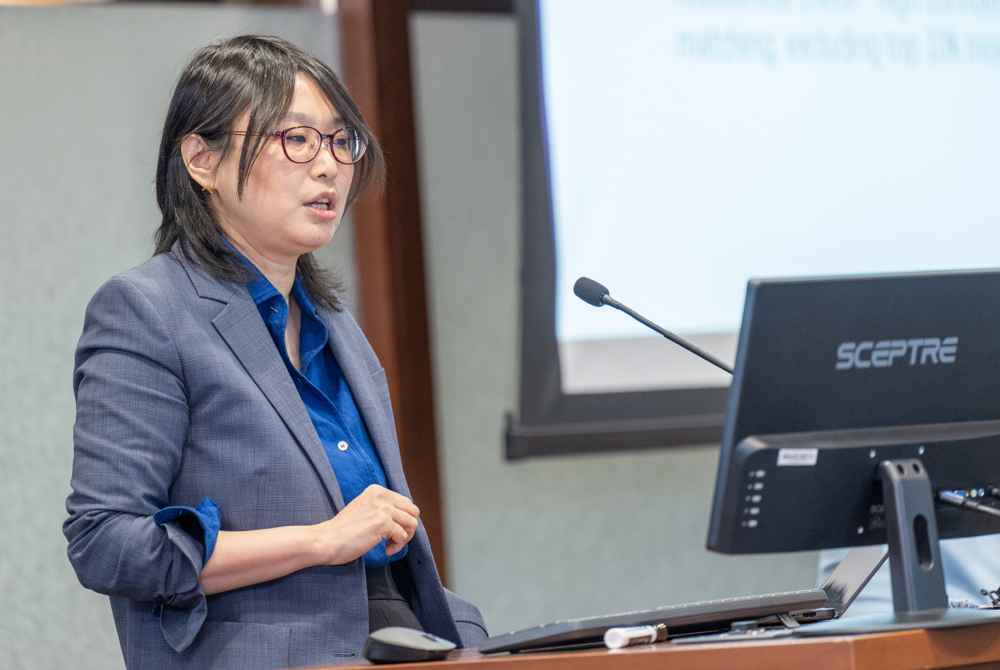
Xiaohong Yu, Associate Professor, Tsinghua University School of Social Science
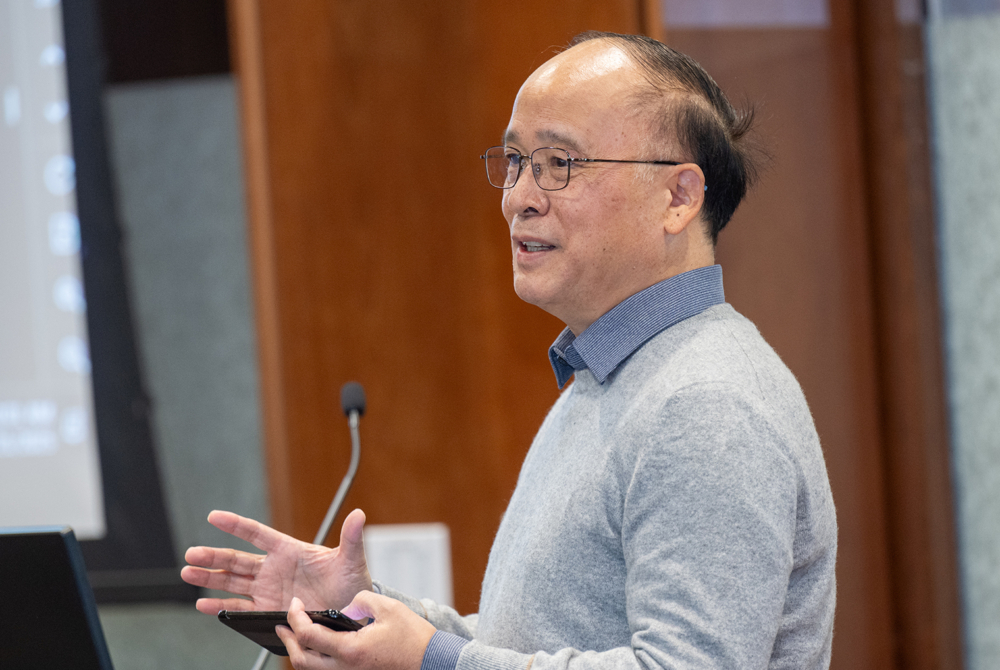
Weimin Zho, Professor, Sichuan University Law School
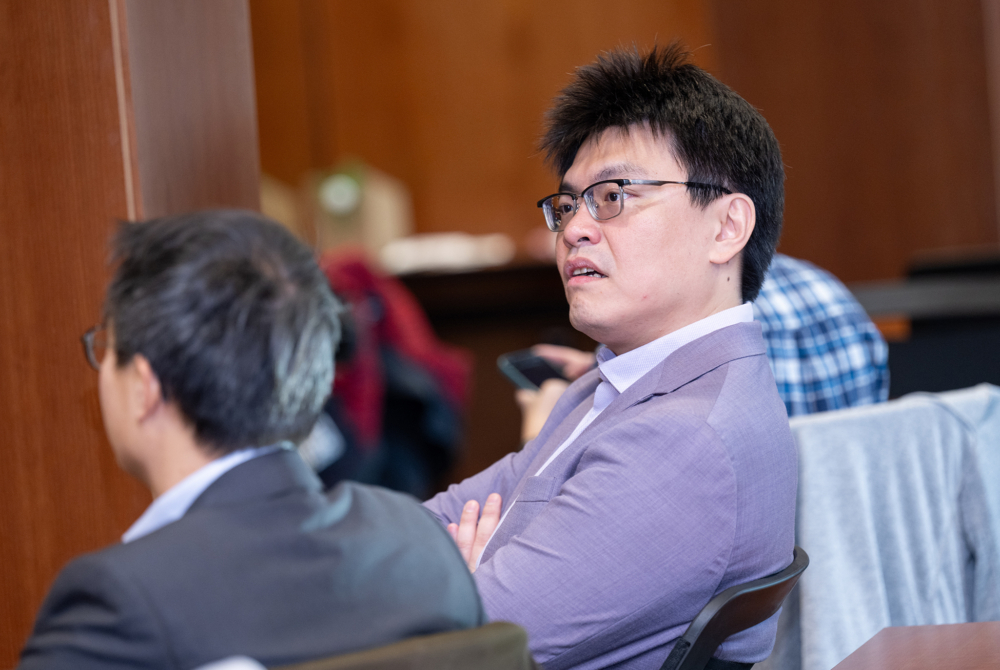
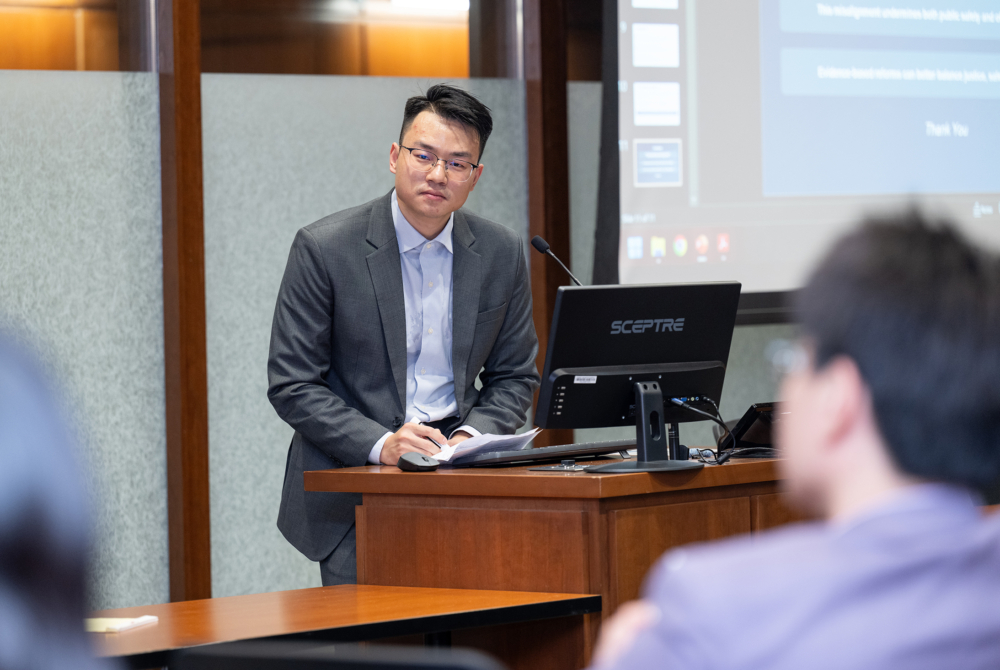
Wanqiang Wu, Yat-sen Postdoctoral Fellow, Sun Yat-sen University School of Law
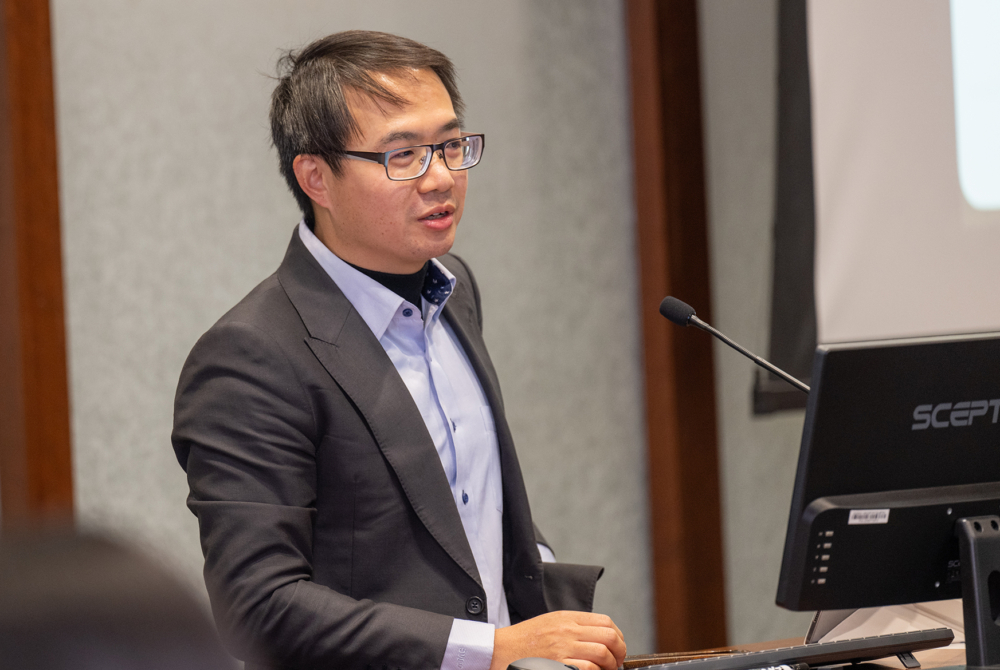
Thomas Yi Lu, Associate Professor, Associate Professor, Department of Business Management, National Sun Yat-sen University, Taiwan
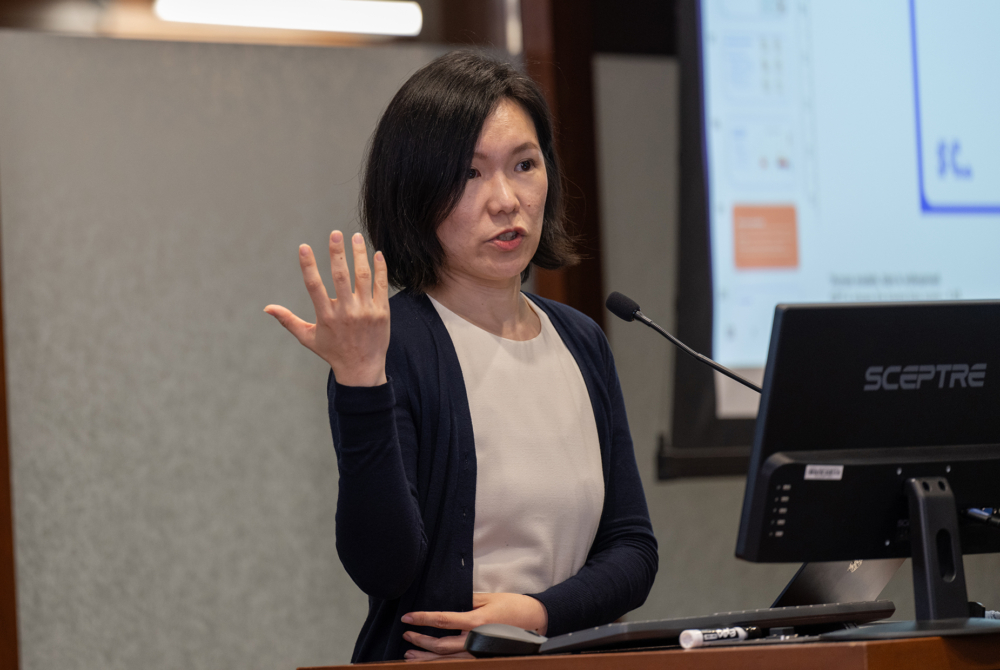
Shao Man Lee, Assistant Professor, Miin Wu School of Computing, National Cheng Kung University, Taiwan
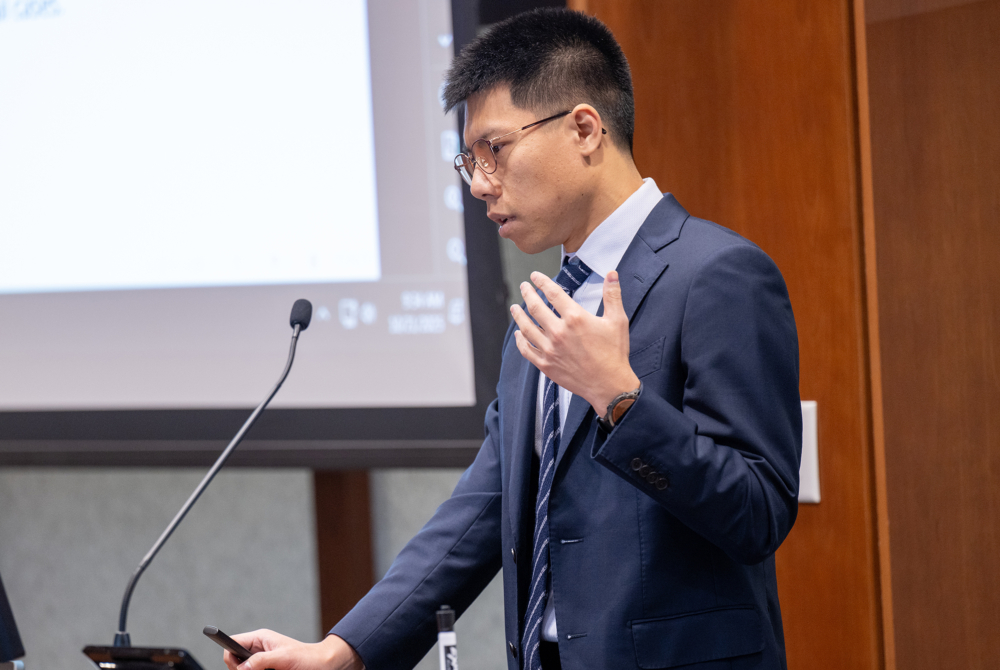
Patrick Chung-Chia Huang, Assistant Professor, College of Law, National Taiwan University, Taiwan
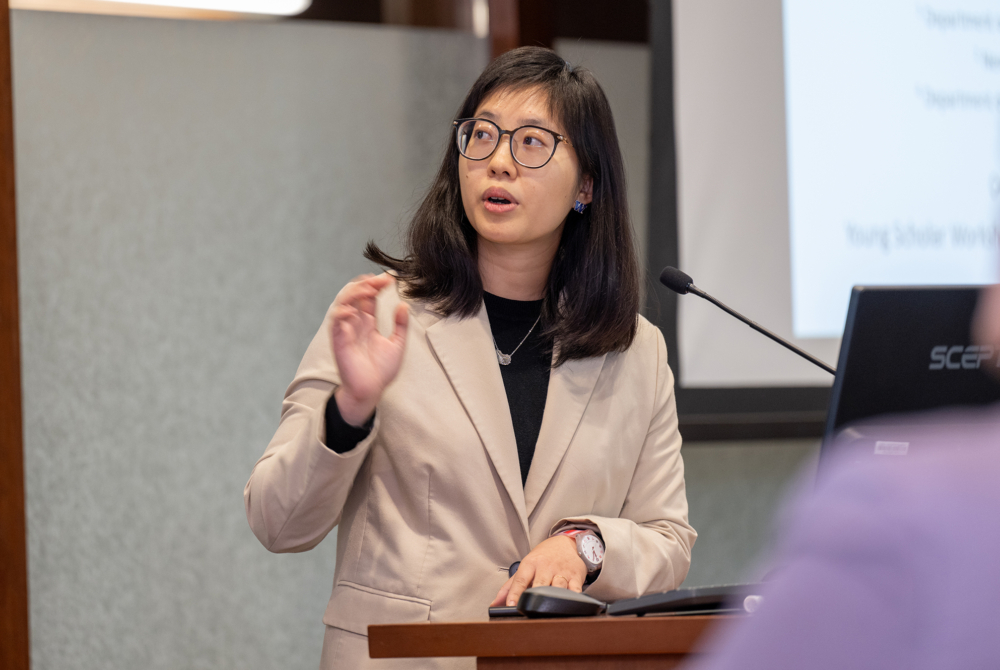
Amy I-An Su, Assistant Professor of Cognitive Psychology, Department of Social Sciences, University of Washington (Tacoma Campus), USA
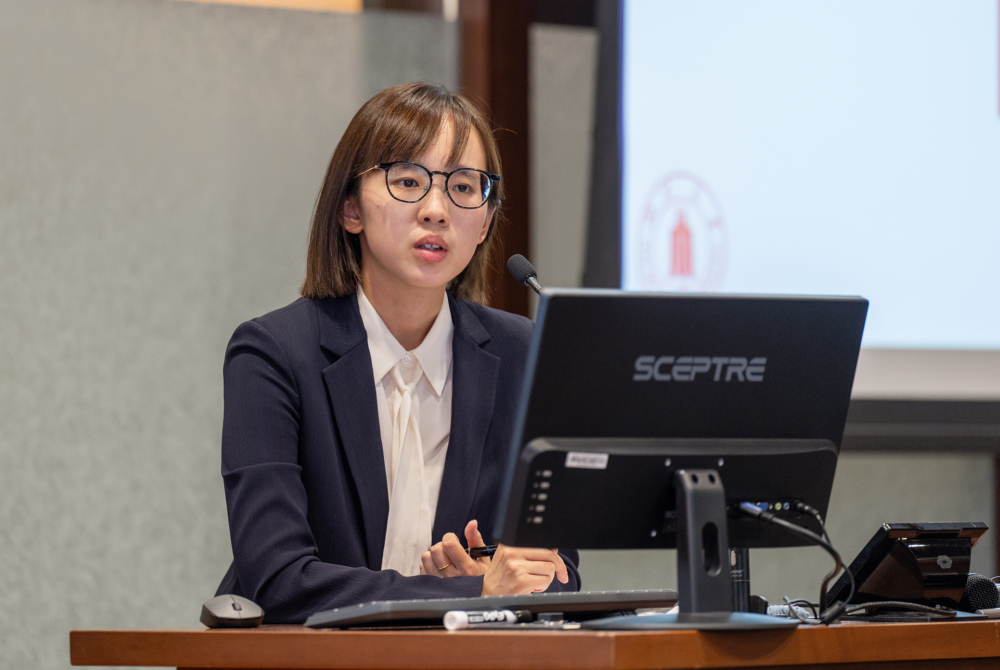
Chanyuan Wang, Assistant Research Fellow, Sichuan University Law School
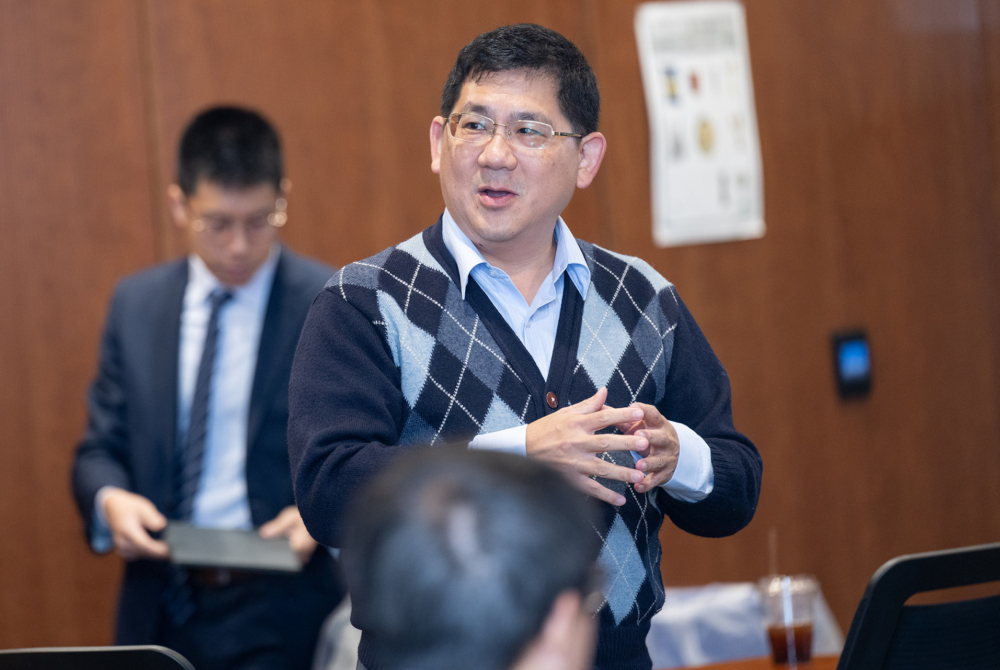
Chang Ching Lin, Professor and Department Chair, Department of Economics, National Cheng Kung University, Taiwan